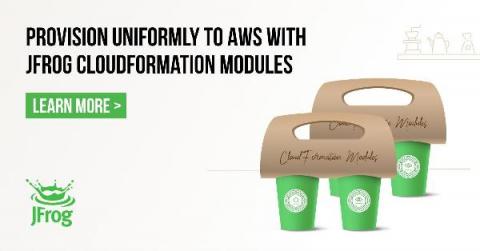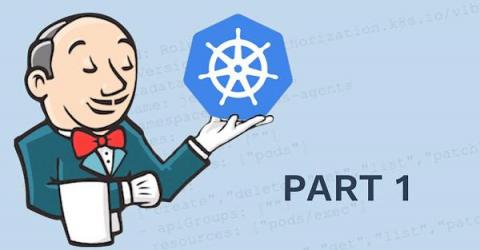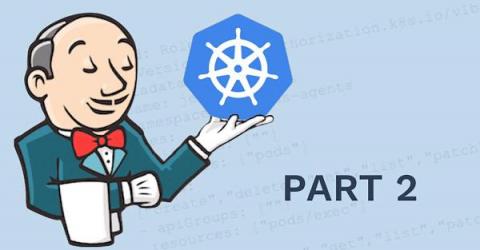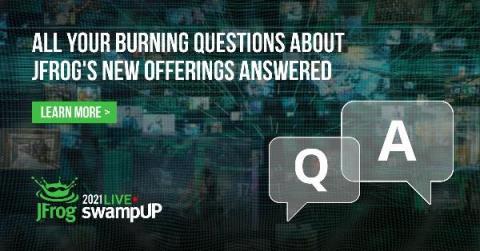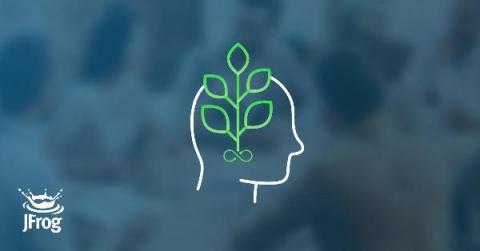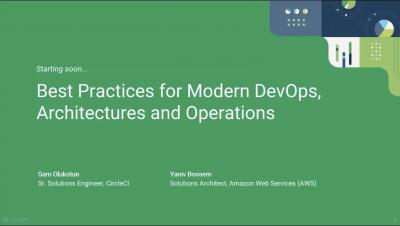How to Create Docker Images for ASP.NET Core
Microsoft has begun working with the Docker team and community so Docker can be used for the following: If you would like to run an ASP.NET Core web app in a Docker container and learn how to create images, we will explain all the steps on how to do the following: A Docker container image is a standalone, lightweight package that can be executed and contains all the requirements you need to run an application, such as: code, runtime, libraries, and settings.





